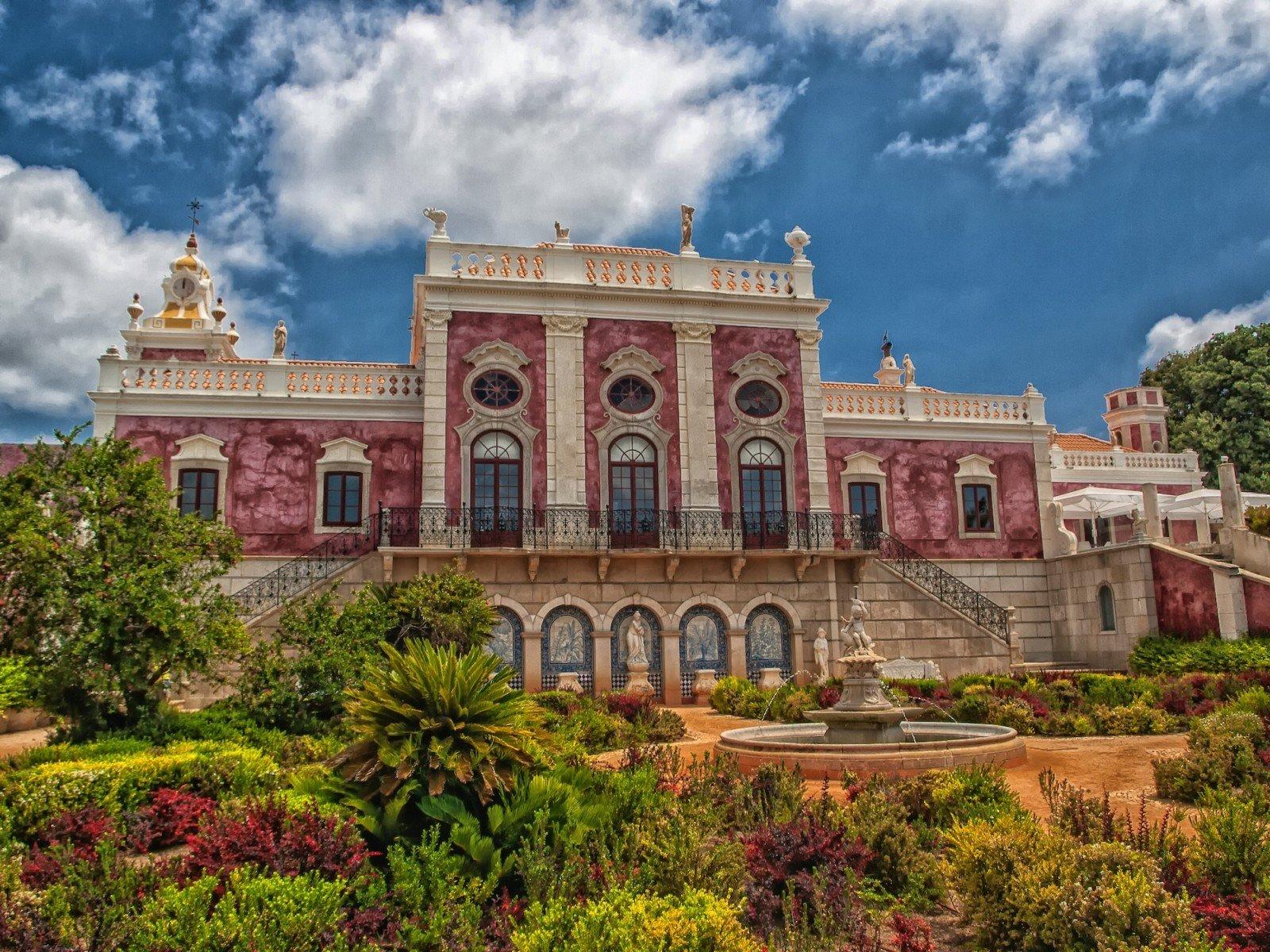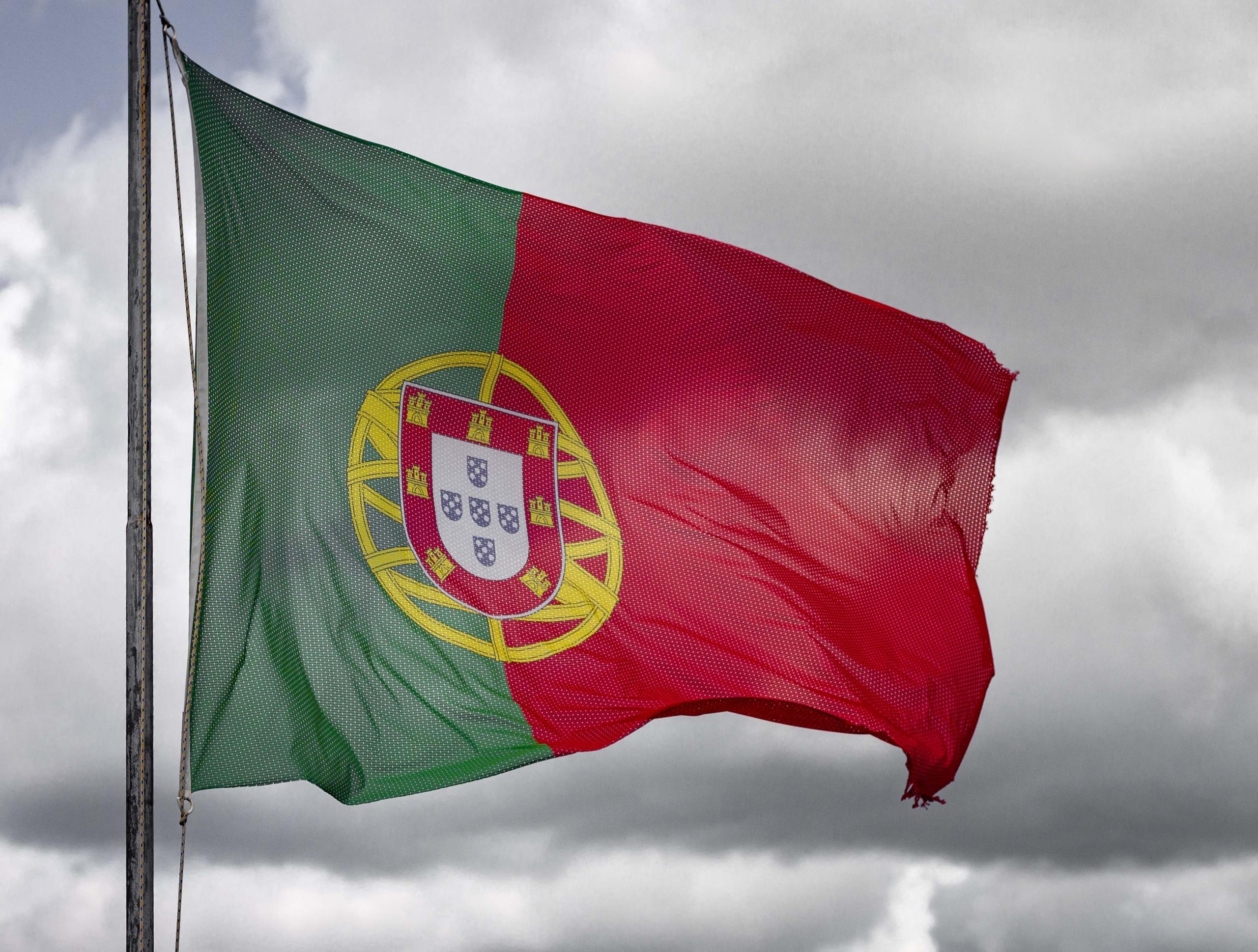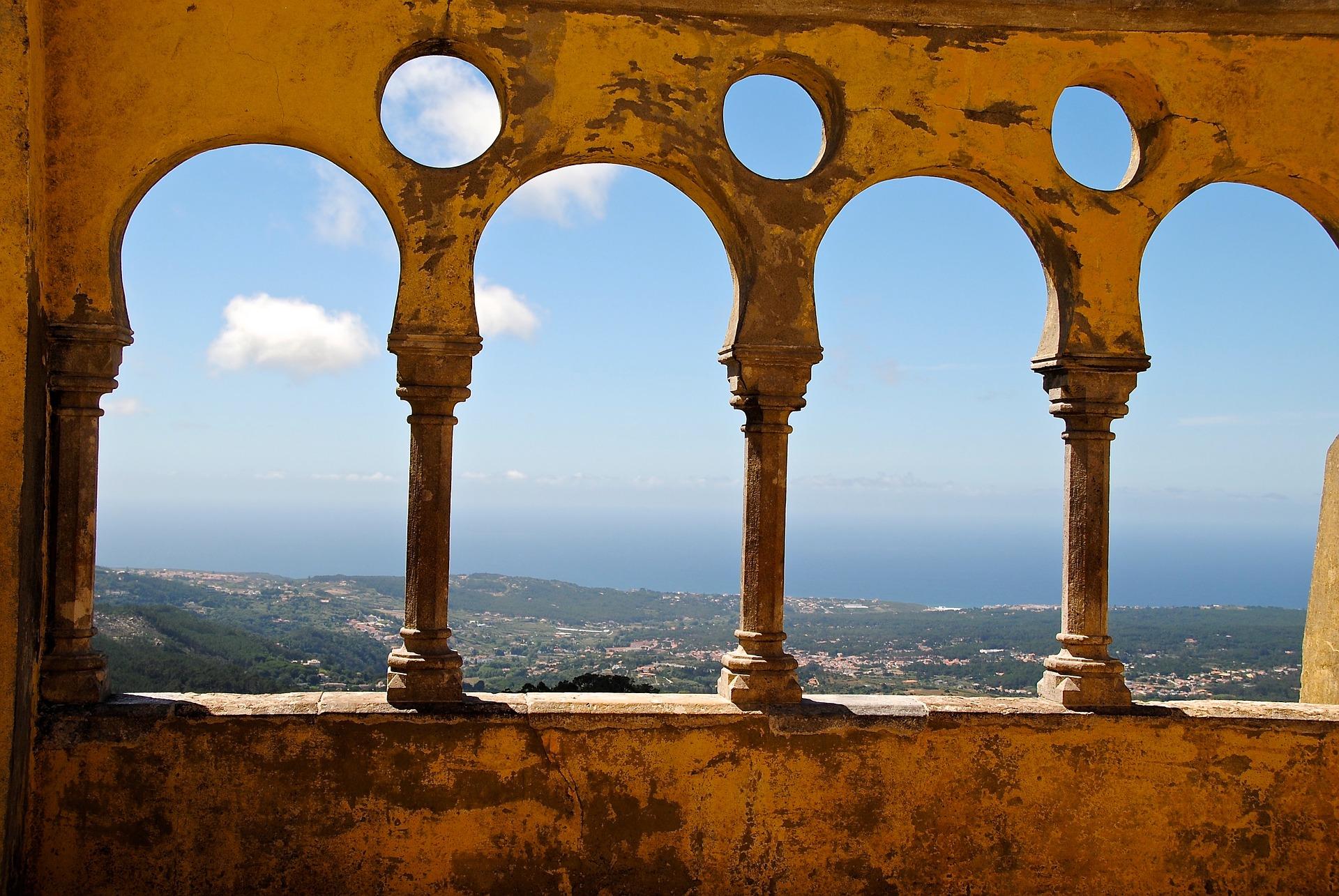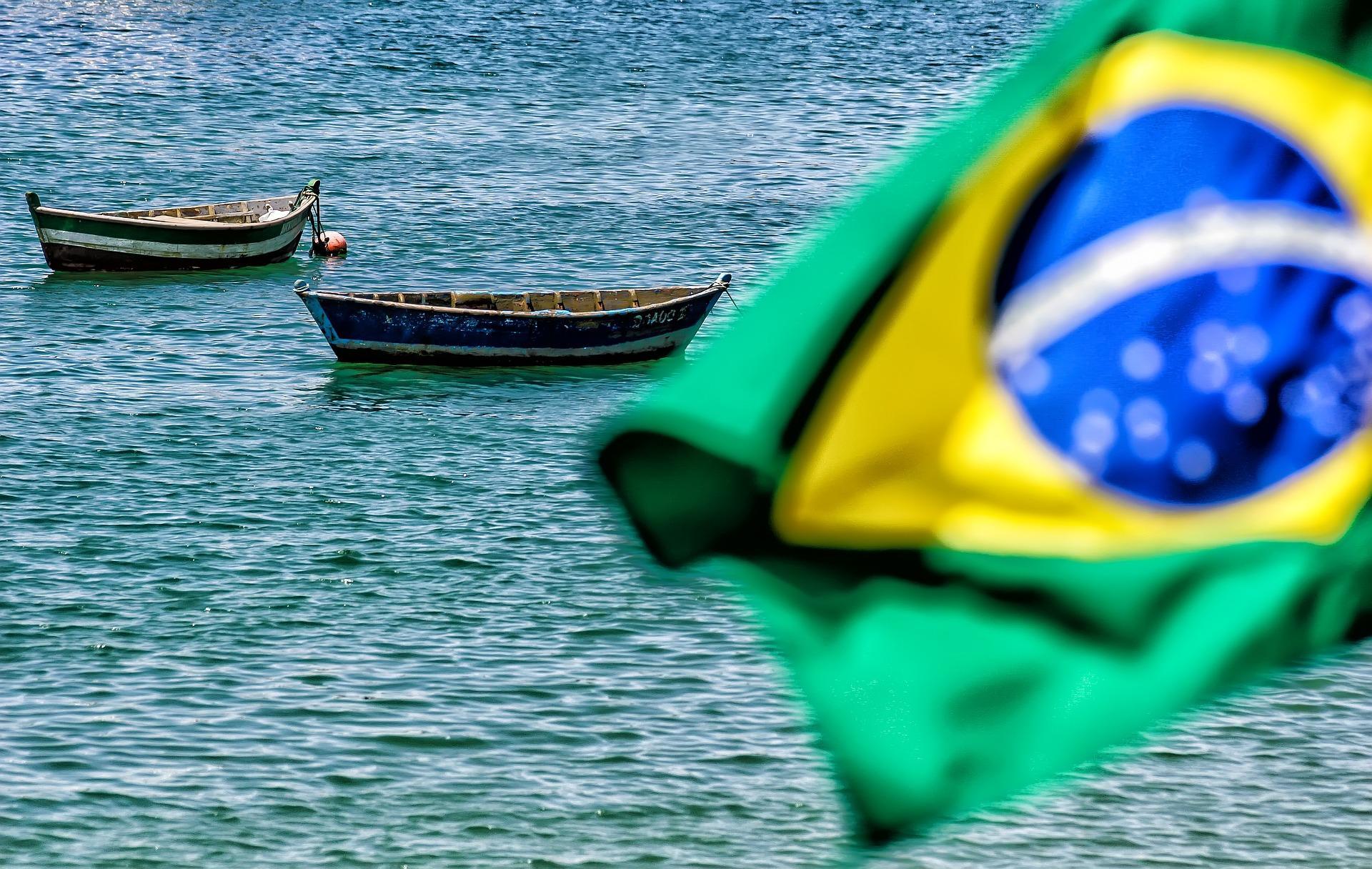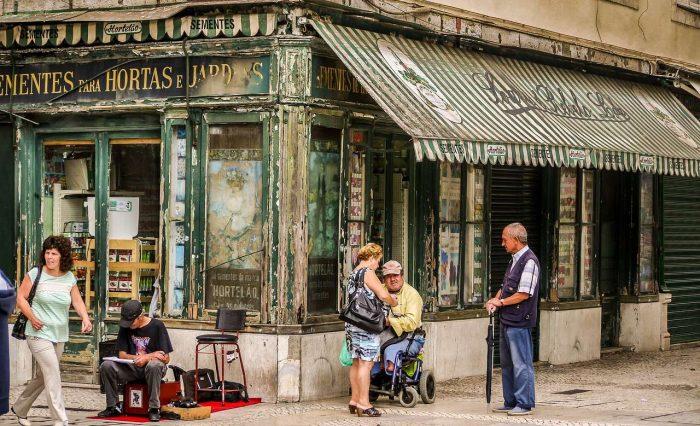Portugal is a place that inspires dreams. From exploring Portuguese culture to fado, port wine and fado, Portugal culture and traditions has made it one of the most inviting countries in the world.
Portuguese traditions can be found in many places including the vibrant streets of Rio de Janeiro in Brazil to the serene landscapes of the Alentejo region in Portugal. You’ll find Portuguese traditions in the enchanting Azores Islands to the bustling city of Oporto, the historical charm of Macau and the picturesque Douro Valley. Portuguese folklore can be found in and around the stunning beauty of Madeira to the diverse landscapes of Mozambique. And in all of these places, the the Portuguese language rules.
In this article we will look at facts about Portugal culture and even some of the famous Portuguese people who practice them today.
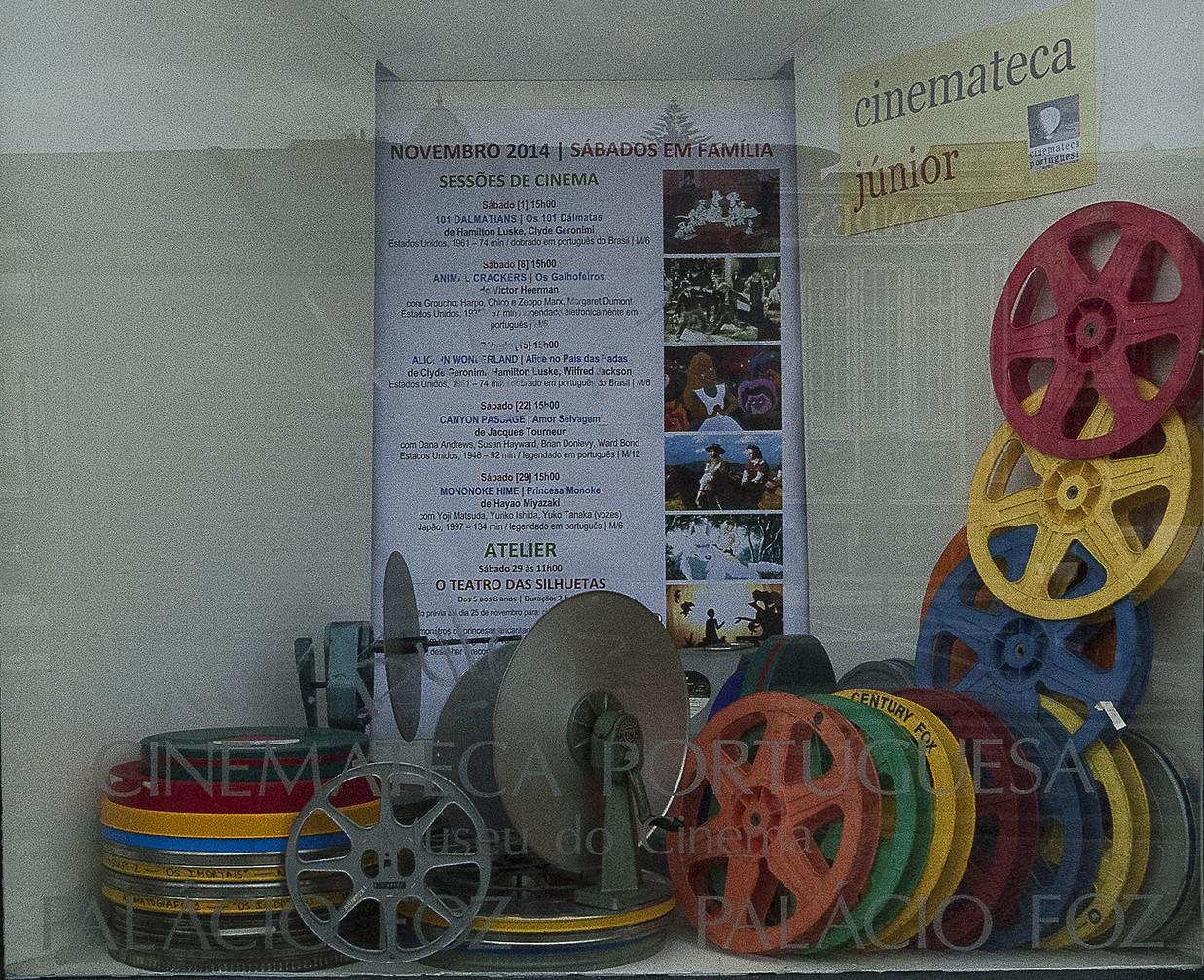
One of the best ways to study Portugal culture and traditions is by looking at Portuguese films of today and yesteryear. Here you will find everyday Portuguese sayings and other important facts about Portugal culture.
There are many noteworthy Portuguese films which have found fame. Standout examples include Franco-Portuguese productions like "The Gilded Cage" (2013) which revolves around an immigrant couple in France inheriting a substantial sum of money and prompts a poignant journey back to Portugal that delves into the complex issue of identity faced by those who have long lived abroad.
For those interested in historical dramas, "Lines of Wellington" captures the Napoleonic Wars' impact on the Iberian Peninsula and offers the opportunity to grow Portuguese vocabulary while gaining insights into the country's history too.
"The Ornithologist" (2016), an example of the emerging Portuguese cinema, unfolds the challenges faced by a young ornithologist during a solo expedition. His encounter with two seemingly benevolent young Chinese Catholic women takes unexpected turns, making the film a critical success and a genuine tribute to the cinematic art form.
"Tabu" (2012), also perfect for exploring Portugues culture, weaves a tale of a decades-old romance in a Portuguese colony that is comparable to modern-day Lisbon. Alternatively, "To Die Like a Man" (2009) provides a fresh perspective on Portuguese filmmaking, offering not only cinematic enjoyment but also a delightful approach to learning Portuguese traditions and language.
Exploring Portuguese culture through film is one of the best ways to discover the richness of the culture, language and history of the Portuguese people.
Take a Portuguese course and find out more facts about Portugal culture.

A Guide to the Most Beautiful Portuguese Music
Whether it is the fado or Latin beats of Brazil, there is no doubt that Portuguese music has a style and rhythm of its own.
Any discussion about Portuguese music inevitably leads to the mention of the Queen of Fado, Amalia Rodrigues, an iconic figure in traditional Portuguese songs and a musical reference throughout the Iberian Peninsula. Her timeless piece, "Fado Portugues," is virtually a world heritage treasure. In a more contemporary context, Portugal made waves by winning the Eurovision Song Contest, with Salvador Vilar Braamcamp Sobral's captivating voice resonating across European countries through the song "Amar pelos dois."
Amalia Hoje stands as another symbol of Portugal's rich musical heritage. With renditions like "Gaivota," the group modernises Amalia Rodrigues' work, infusing it with elements of pop while using different instruments to preserve the melody and emotion inherent in the song's core. It's a delightful avenue to explore Portugal's musical tradition, even for those with a preference for contemporary music.
Diving further into the Portuguese music landscape, there are several monumental tracks worth noting. Pedro Abrunhosa's "Beijo," João Pedro Pais's emotive "Mentira," and Dulce Pontes's soul-stirring "Canção do Mar" contribute to the vibrant tapestry of Portuguese musical expression.
Beyond music, famous Portuguese personalities contribute significantly to showcasing the country's culture on the world stage. In the realm of sports, particularly football, Cristiano Ronaldo stands out as an international icon. His numerous accolades, including Best Player titles and multiple Ballons d'Or, reflect his prowess to elevate the global rankings for every club he's ever represented.
In the world of cinema, Maria de Medeiros, a renowned Portuguese actress, has left an indelible mark. Her notable roles include appearances in Quentin Tarantino's "Pulp Fiction," as well as in TV films and plays. With grace and charm, Medeiros serves as a compelling ambassador for Portugal culture and traditionson the international stage. As one explores the lives and achievements of these famous Portuguese figures, it becomes evident that their contributions play a pivotal role in the appreciation for Portuguese traditions, language, and culture.
It is often said that music has the power to calm even the most turbulent emotions, but it can also be an enjoyable and stimulating tool for learning Portuguese! Choosing the most delightful Portuguese songs can be a challenging task, given that Portuguese is a lyrical language that effortlessly lends itself to musical expression. There’s no doubt, whether you are in the enchanting streets of Coimbra or Faro, the vibrant atmosphere of Lisbon, or Cape Verde – you’ll find that the captivating sounds of Portuguese music serves as the authentic language of Portugal!

In searching for facts about Portugal culture, you are bound to discover that Portugal boasts not only renowned musicians like Amalia Rodrigues but also a rich history populated by illustrious figures, particularly during the Age of Discovery in the 15th century and beyond. This transformative era saw the emergence of explorers and cartographers who played pivotal roles in advancing naval exploration and establishing Portugal's colonial empire.
Henry the Navigator, a member of the Portuguese royal family, notably financed expeditions that extended Portugal's influence beyond the Mediterranean. His support led to the exploration of Africa's coastal regions and the discovery of Atlantic islands like Cape Verde, the Azores, and Madeira.
Not to be outdone, Bartolomeu Dias achieved the groundbreaking feat of discovering the Cape of Good Hope and identifying trade winds that facilitated navigation in the Atlantic Ocean.
Equally famous, Vasco da Gama, a trailblazer in maritime exploration, and another hero of Portuguese folklore (and indeed facts), opened Portugal's trade routes to the Indian continent. His sea route eliminated the need for middlemen in the overland spice trade.
Another explorer to take Portugal culture and traditions around the globe was Fernando Magellan who etched his name in history by leading the first expedition to circumnavigate the globe. This ambitious undertaking, though fraught with challenges that claimed ships and lives, marked a monumental achievement as the expedition set out with five ships and returned with only one. Not only did these historical figures shape Portugal's legacy as a formidable force in exploration and maritime endeavours, but they also expanded Portugal culture and traditions.
Helpful Quotes for Learning the Portuguese Language
In exploring Portuguese culture and language, you will discover that, like other languages, it has spread globally through their native cultures conveyed via films, music, and celebrities. In this way, expressions and quotes serve a unique purpose by offering a quick and easy way for those intrigued and prepared to learn Portuguese to express themselves and develop a sense of speaking like a native. This becomes a motivating factor for continuous learning and emboldens individuals to engage in conversations with native speakers.
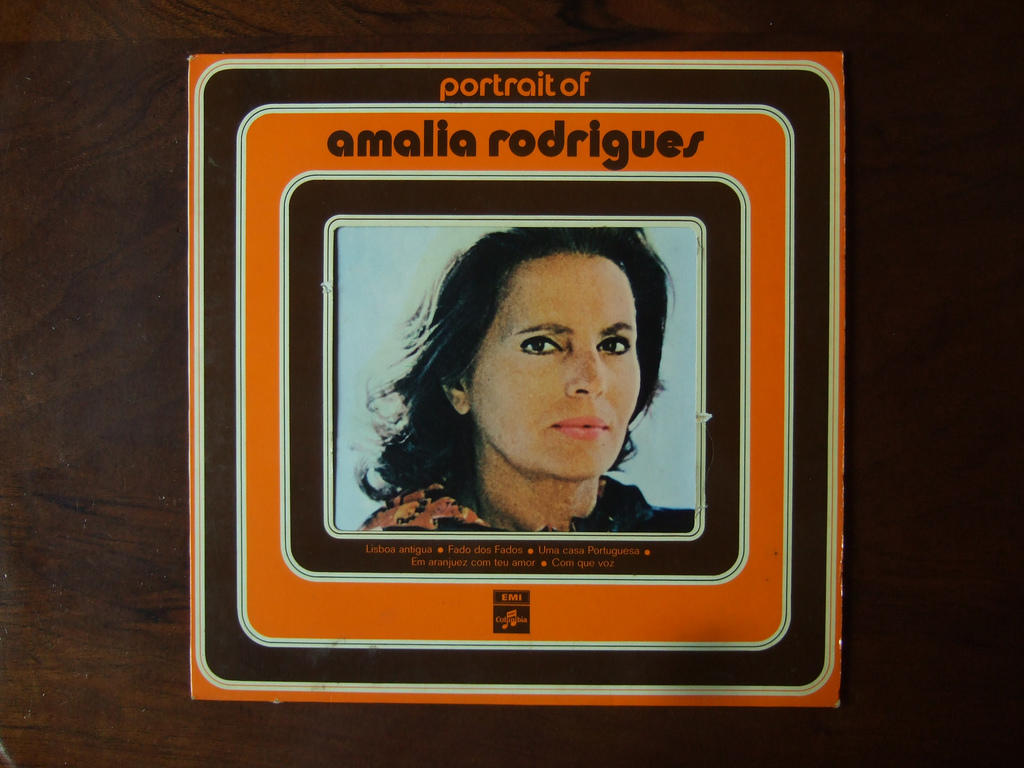
Exploring idiomatic expressions frequently used in casual dialogue provides an excellent starting point:
- "Se contentar com pouco" signifies "to be content with little," and emphasises simplicity.
- "Colhe-se o que se planta" echoes the English proverb "you reap what you sow," emphasising consequences.
- "Meio pedra, meio tijolo" translates to "half-rock, half-brick," describing something neither one nor the other.
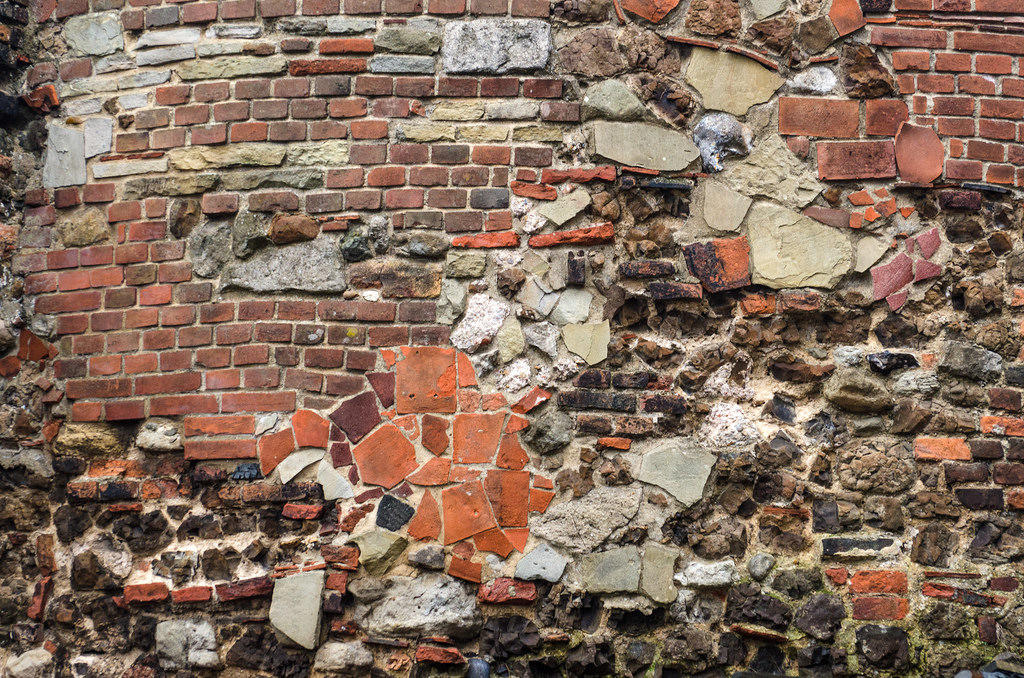
Additional quotes from Portuguese folklore reflect a more lyrical and philosophical aspect, offering clichés that touch upon themes like hope, love, or friendship:
- "Não é porque uma andorinha morre que acaba a primavera": A swallow's death doesn't signify the end of spring.
- "Amar é a inocência eterna, e a única inocência é não pensar": To love is eternal innocence, and the only true innocence is not to think (Fernando Pessoa).
- "Quem não poupa a água ou a lenha, não poupa nada que tenha": He who is thrifty with neither water nor wood will soon lose all that he has.
- "As nossas desgraças entram sempre por portas que nós abrimos": Our misfortunes enter through the doors we open for them.
These quotes illustrate that Portuguese transcends being merely the national language of Portugal, Brazil, and other nations; it is a language steeped in history and culture, with idiomatic expressions that bring Portuguese traditions and Portuguese folklore to life.
If you are interested in finding out more about Portuguese folklore, language, culture or traditions, a private Portuguese teacher could be your answer.
Summarise with AI:

